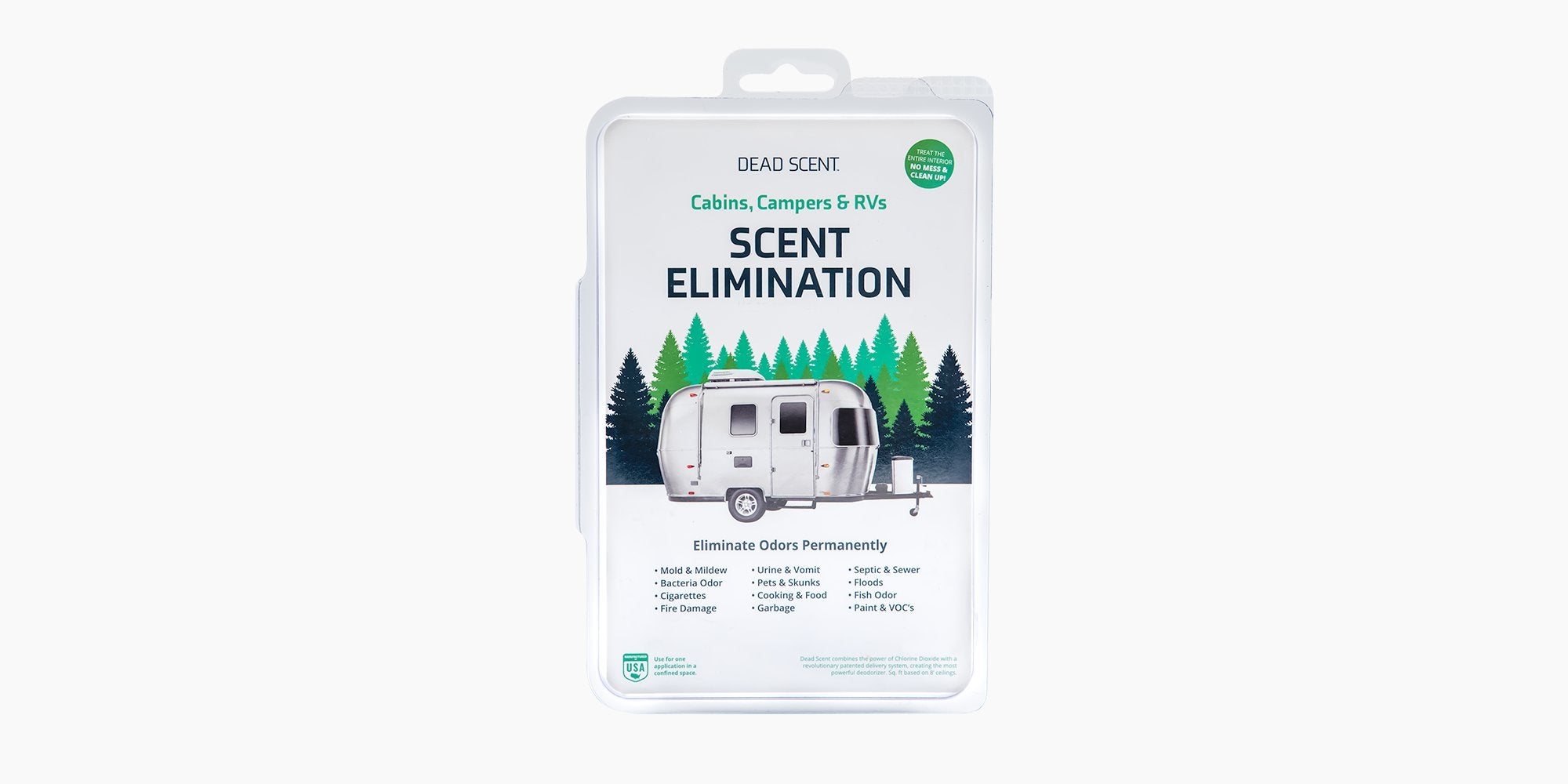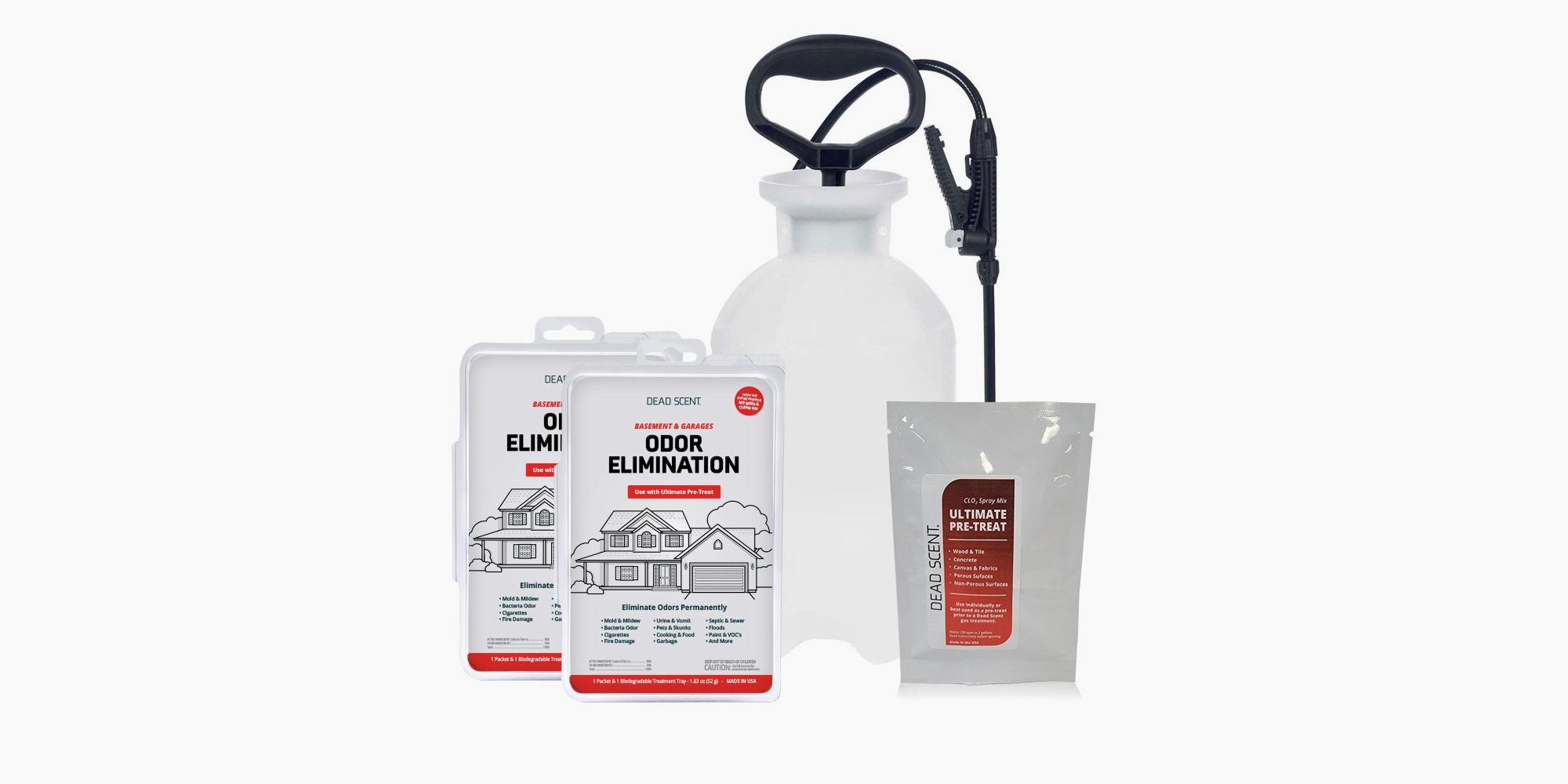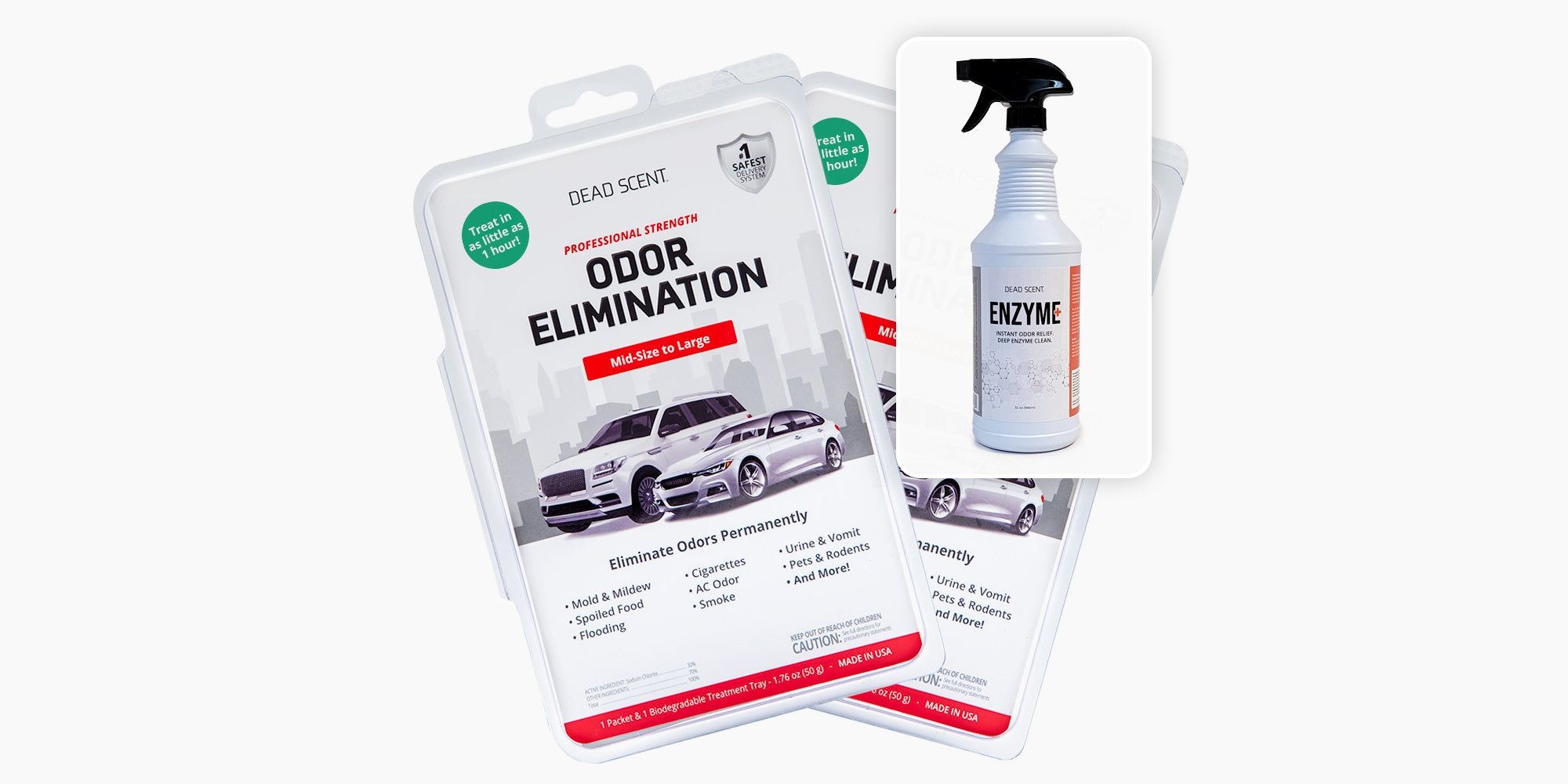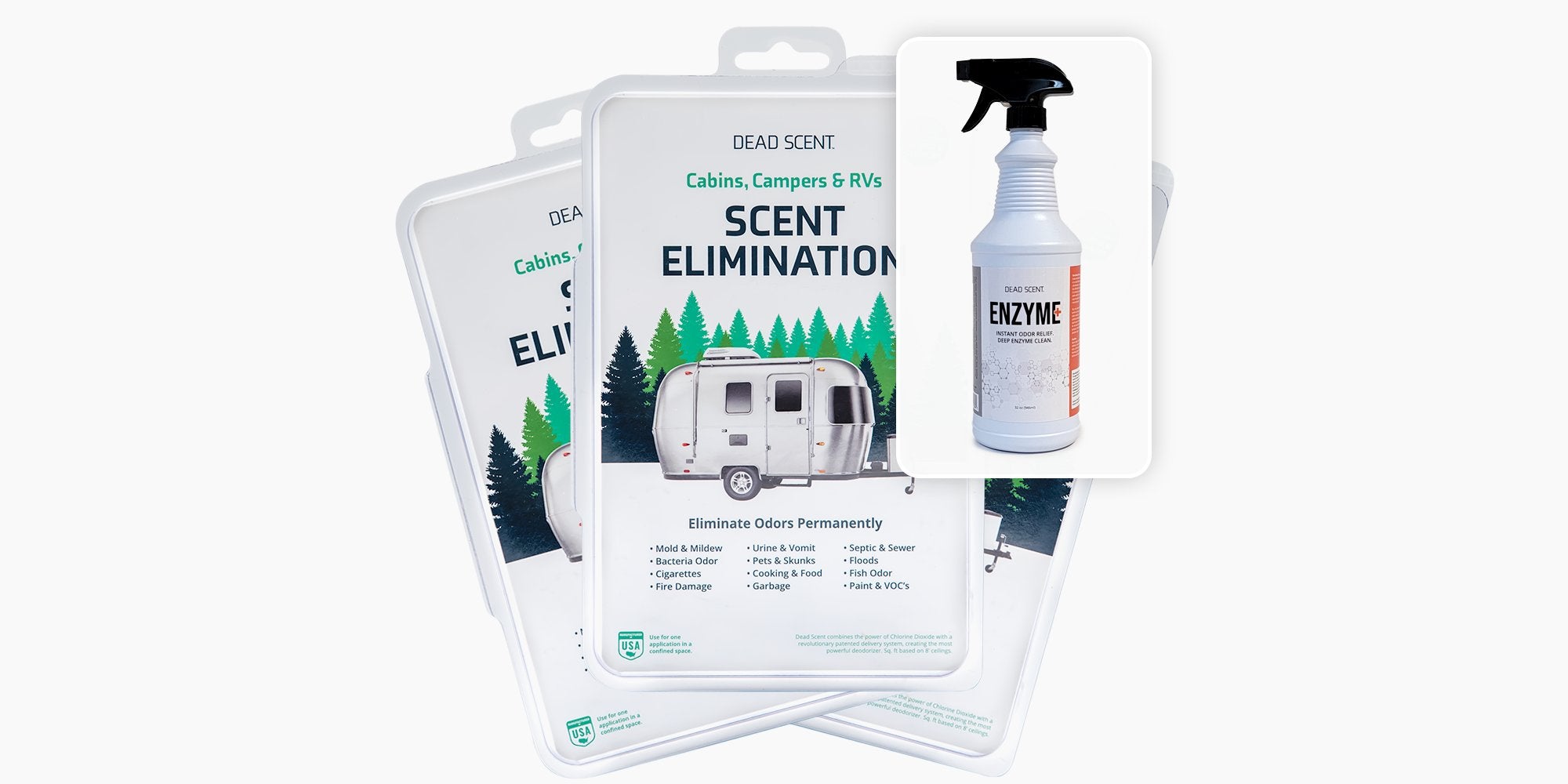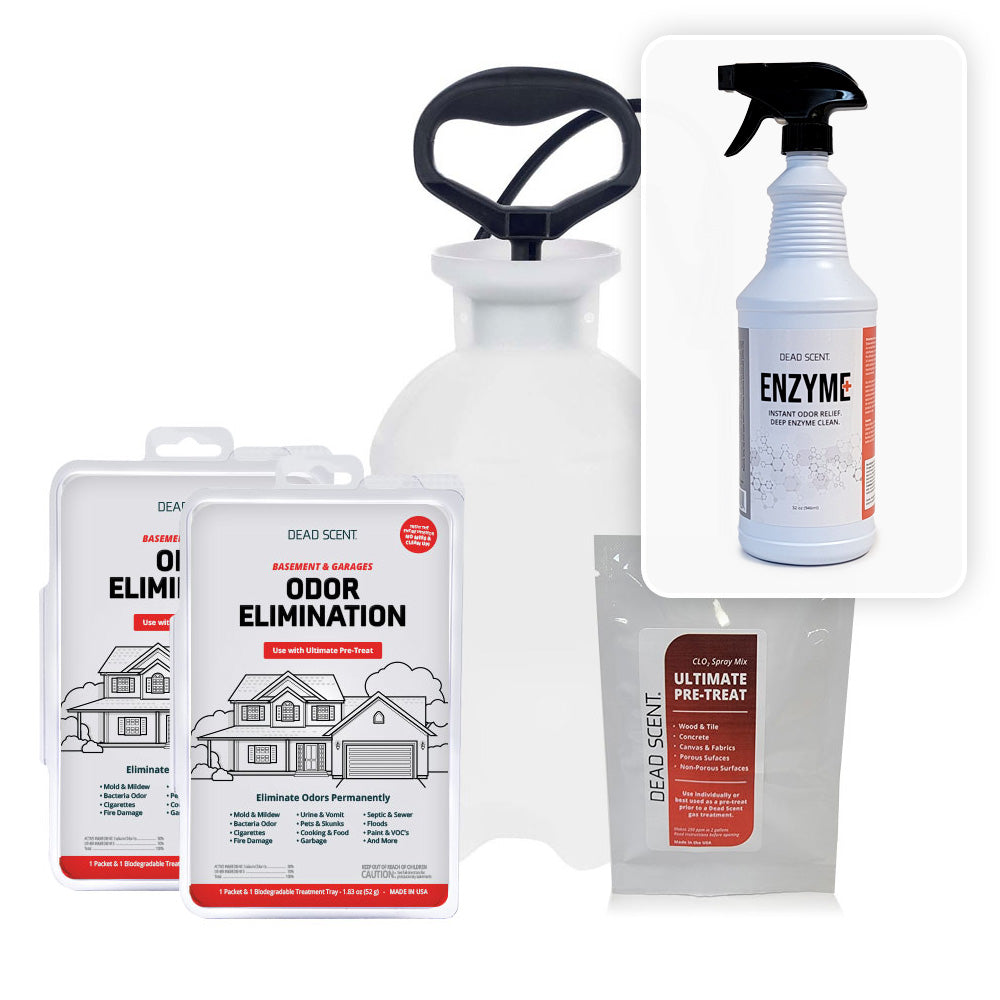This is a big mistake. Great hunters are built during the off-season.
If you want to get better at hunting, it’s time to start applying yourself even when you can’t harvest big game animals. That means improving your skills, increasing your knowledge, prepping, scouting, and paying attention to scent control.
Importance of Scent Control in the Off-Season
Don’t shoot yourself in the foot by neglecting scent control simply because you’re not carrying a weapon.
Big bucks don’t go nose blind as soon as deer season ends. All the importance of scent control during hunting season carries over into the off-season.
Don’t take for granted the impact your presence in the woods has on deer, regardless of whether you’re there to hunt or not. If you spook deer while hunting sheds or scouting for next season or going for a hike, you are still affecting their wariness … you are still putting them in flight mode … you are still creating pressure that could affect your success in the fall.
When it comes to being a hunter, humility is strength. You are entering the territory of wild animals, including whitetail deer. You are entering their element. If you go stomping your smelly self around and excessively driving your vehicle and ATVs up to your blinds, tree stands, and food plots, deer are going to change their patterns or disappear deep into the woods.
If you’re fortunate enough when the season begins, you might see a deer worth shooting, but you may never know all the deer you could have seen.
Control your scent with Dead Scent treated clothing. Keep using unscented soaps and detergents. Keep your hunting, scouting, and outdoor gear away from offensive odors.
This can do A LOT to reduce pressure on deer throughout the year. That means a better hunting season and an unmolested hunting area. The end result is a fuller freezer and more well-deserved pats on the back for that trophy buck you finally bag.
Increase Your Knowledge
With shorter days and longer nights, it’s the perfect time of year to increase your knowledge.
Understanding animal behavior can only increase your odds of seeing more deer and filling more tags. Devour every resource you can find: hunting magazines, published studies on whitetail deer behavior, and other online and print information. Talk to other hunters about how they prepare for the season. Pay attention to what the pros do.
Knowledge is power.
Keep Your Weapon Skills Sharp
Your weapon of choice, be it rifle, shotgun, bow, or crossbow, should become your best friend, even in the off-season.
Shooting your weapon in the off-season can be a great way to improve your aim and have a little fun, too. In order to consistently and confidently hit your target when hunting, it requires dialing in your sights, ranging, and developing weapon comfort and knowledge.
Take the time to visit a local shooting or archery range. Remember to focus on muscle control, breathing, and mental focus. It can be a great practice to imagine yourself in a hunting situation. Visualize how you would handle your bow or gun while game is present. Practice maneuvering your weapon, nocking an arrow, taking off and putting on the safety, etc. This will ensure your aim is true and your motions fluid and sure.
If ammo is a concern, consider looking into dry fire training kits. (This should not be confused with dry firing your gun, the act of firing your gun without any ammo in the chamber, which can damage your weapon. Dry firing a bow is damaging as well.) Most dry fire training kits on the market use lasers to help you target practice without wasting ammunition.
If you are target practicing in the woods, make sure you are practicing scent control.
Shed Hunting
Did you know that shed hunting could make you a better hunter?
It is a great opportunity to see what size game you have on a piece of property. Sheds can reveal big bucks that you didn’t know you had roaming about because they are so good at hiding.
Here’s the thing, sighting of deer during the summer and rut can be deceiving. But finding sheds can shed some light on where game are bedding down and eating during the winter.
In the summer, male deer form bachelor groups, that break up during the rut. In the summer, you may spot a nice buck that ends up in a different area all together once bachelor groups disperse. When it comes to rut, bucks are just much more likely to be roaming about. A sighting of a buck during rut doesn’t guarantee that is the area he spends most of his time.
Sheds are much better clues. It gives you a better idea of a portion of a buck’s home range. Then, you can start scouting in that area.
Finding New Land
The off-season is a great time to start securing new hunting ground. Take to the streets and start knocking on doors. You never know when someone might be willing to make a deal.
It’s also a great time to offer to do chores in exchange for land access … or follow-through with promises from past seasons.
The point is to make good use of your time.
Set Goals
The off-season is a great time to set some goals, so you are ready to go come fall.
It’s always a good practice to set one or two goals for the upcoming season. Write them down, and create a plan.
This allows you to gain focus and see results.
Maybe you missed a shot or two the past season, and you want to increase your marksmanship. Trips to the shooting range should be on the calendar.
Maybe you want to scout out some new areas in hopes of having more opportunities to fill your tags. This requires good scouting techniques, knowing deer behavior, and possibly seeking out new areas to hunt.
Maybe you want to plan a better application and tag strategy. This may require some research and extra planning.
Maybe you just want to improve your knowledge and skills in certain areas.
Whatever you do, set some real goals you can focus on. This will ensure your off-season time is spent well.
In Conclusion
Don’t’ waste a perfectly good off-season dreaming about the next. Use your time wisely. Hunting is a year-round sport. It often becomes clear, come fall, who took the time to better their odds.
